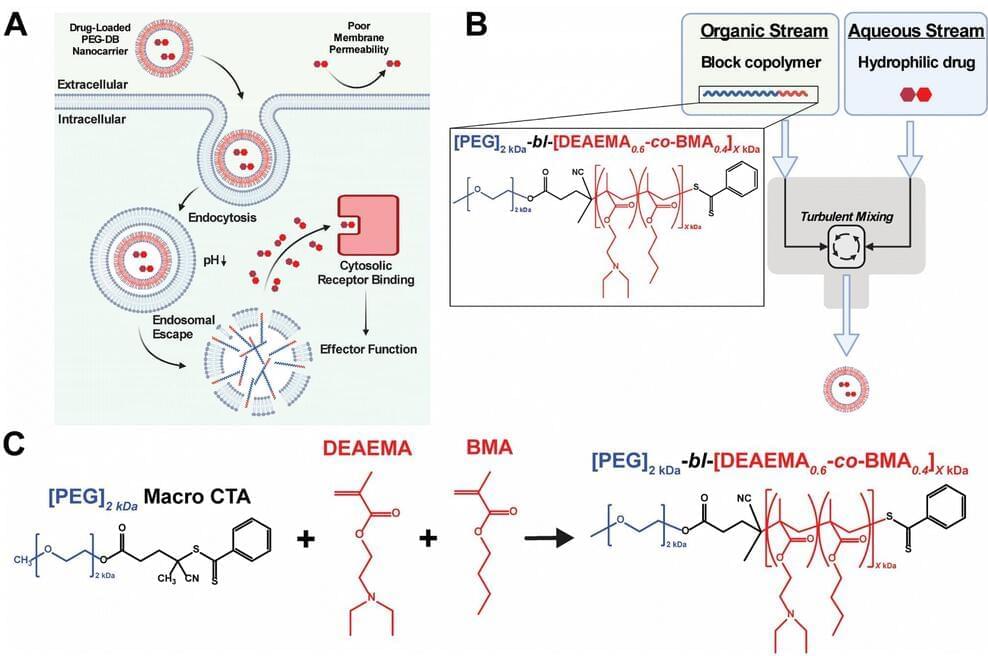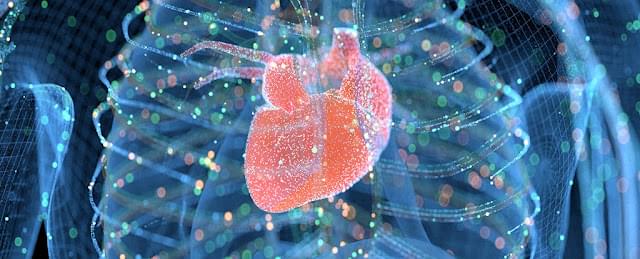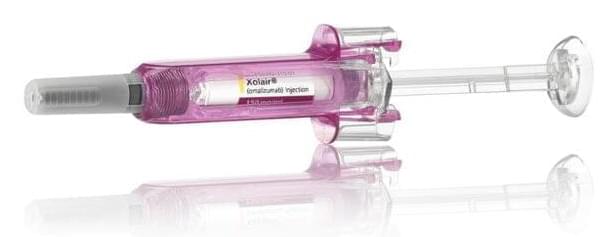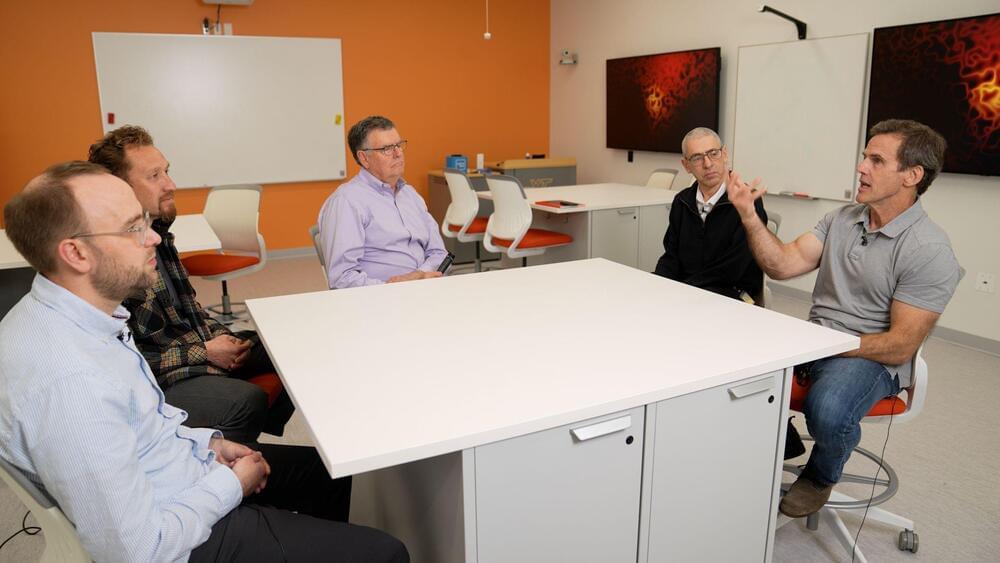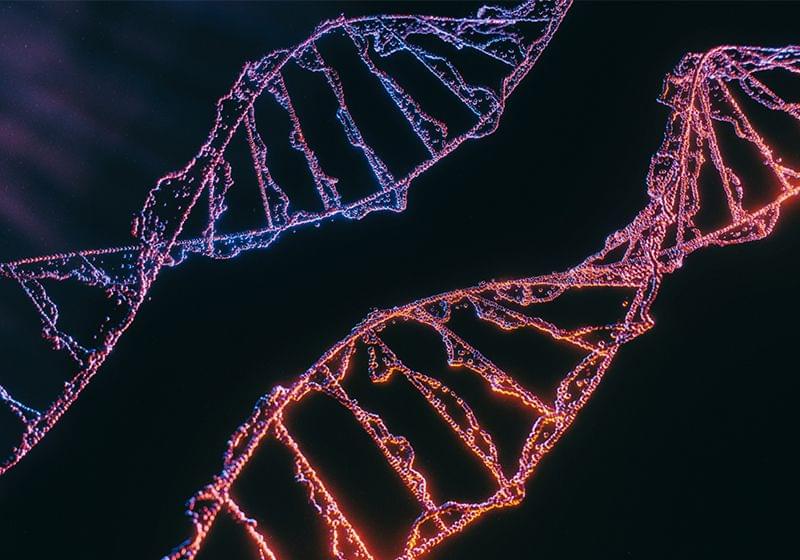Feb 27, 2024
Researchers develop new nanoparticle to deliver drugs to immune system cells
Posted by Dan Breeden in categories: biotech/medical, chemistry, engineering, nanotechnology
Vanderbilt researchers have developed a new nanoparticle that can more get drugs inside cells to boost the immune system and fight diseases such as cancer.
The research is led by John Wilson, associate professor of chemical and biomolecular engineering and biomedical engineering, as well as a corresponding author on the paper about the research that was recently published in the journal Nanoscale.
Wilson, who is Principal Investigator of the Immunoengineering Lab at Vanderbilt and a Chancellor Faculty Fellow, and his team created a polymeric nanoparticle that can penetrate cell membranes and get drugs into the cytosol—or liquid—inside cells.
